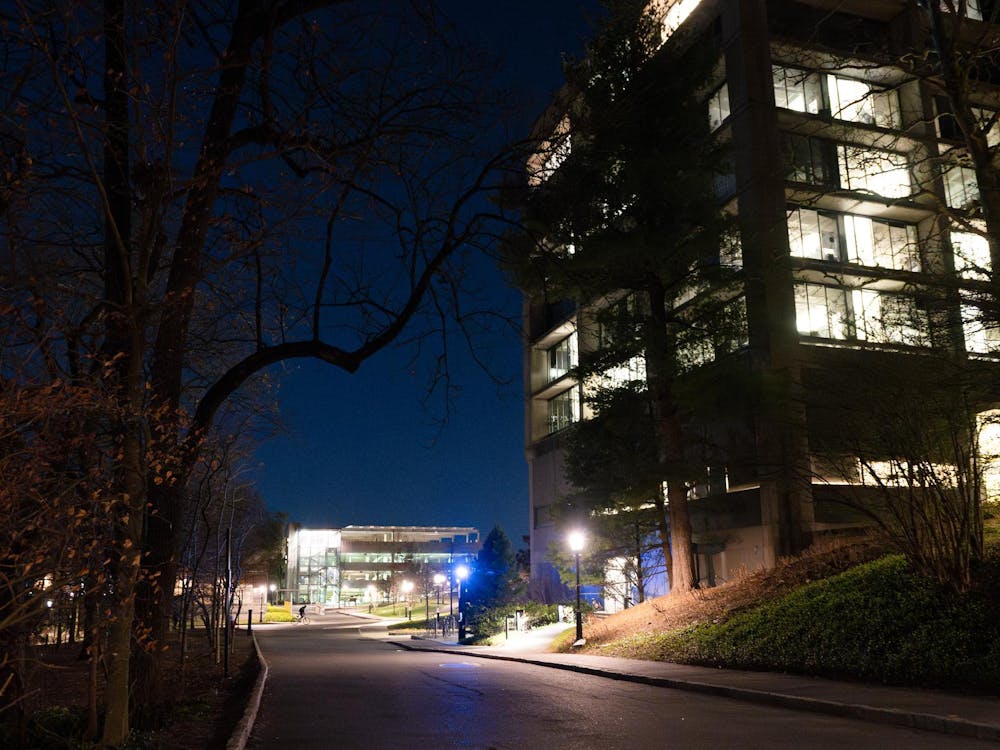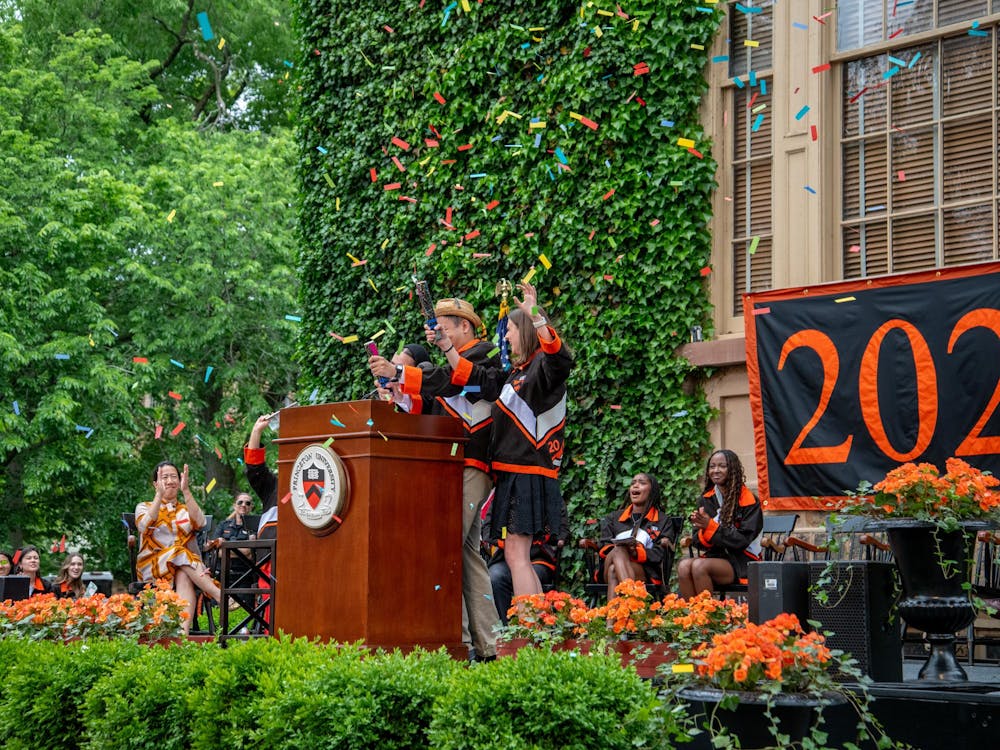By now most students are aware that two weeks ago, just after the dedication of the Martin Luther King, Jr. memorial, Professor Cornel West was arrested for taking part in an Occupy Wall Street-affiliated protest on the steps of the Supreme Court.
The protesters directed their ire at a wide range of targets, from Wall Street profits to foreign wars to protections for corporate speech. But it was the subtext of the demonstration that most seemed to unite them — the sense that they would best honor Dr. King’s legacy by flouting the law to express their discontent. Before his arrest, Professor West declared to raucous applause, “We will not allow this day of Martin Luther King, Jr.’s memorial to go without somebody going to jail, because Martin King would be here right with us.”
Perhaps so, perhaps not. There’s no way to disprove the counterfactual. But the irony of the reference to Dr. King is that it highlights the extreme contrast between the civil disobedience of the Civil Rights Movement and the lawlessness of the Occupy protests.
It speaks to Professor West’s good character that his protest was among the more civil illegal incidents related to the Occupy movement. In San Francisco, police had to forcibly remove protesters who had moved into their local Chase bank with sleeping bags. In New York, activists have been accused of obstructing traffic, assaulting police, breaking and entering and relieving themselves on Manhattan residents’ doorsteps. Most disgracefully, organizers of the Occupy Oakland riot encouraged attendees to “bring bottles” — apparently for use as projectile weapons against police as they cleared the area. The Occupy crowd has even developed its own “I’m getting arrested” mobile app to more efficiently coordinate with friends and legal counsel.
What typically American ingenuity.
Conflict with the law was, of course, central to Dr. King’s method. But such disobedience was, in his view, only justified by the nature of the laws he challenged. In his Letter from a Birmingham Jail, Dr. King wrote of “two types of laws: just and unjust ... One has not only a legal but a moral responsibility to obey just laws. Conversely, one has a moral responsibility to disobey unjust laws” like those enforcing segregation.
Regarding limits on protest, Dr. King wrote, “Now, there is nothing wrong in having an ordinance which requires a permit for a parade. But such an ordinance becomes unjust when it is used to maintain segregation and to deny citizens the First Amendment privilege of peaceful assembly and protest.” But no one can reasonably argue that the protesters have not been allowed wide latitude to express their views. What is objectionable is that many of them behave as though the expressive nature of their conduct frees them from general restrictions on their behavior.
Still, we might be tempted to excuse the general disorder of a protest by dint of some indisputably noble goal on par with achieving desegregation. But what might that goal be in this case?
At worst, the demonstrators’ aims seem nihilistic — an end to capitalism coupled with a reorganization of government and the elimination of all private debt. At best their motivation is merely hazy. Some are angry about bailouts, mortgages and job losses but lack any substantive request for policymakers relating to that anger. And others just have nothing better to do, like one man who told the National Review that he was demonstrating to ask for a free college education “just because that’s what I want.” The comparisons to Dr. King are tenuous.
All this is fine. People certainly have a right to protest without a clear goal. But that gives them no grounds for ignoring laws governing their public conduct.
Still, suppose that the protesters coalesce around the concrete left-wing policy demands that some liberal commentators, Professor West included, have tried to ascribe to them: end the Bush tax cuts, increase the regulation of Wall Street firms and support more affordable student loans. Would their behavior suddenly become more excusable?
Certainly not. The conflict would become a mere dispute over policy, not a moral crisis over the denial of fundamental rights to a segment of the population. Reasonable people disagree about policy all the time. But in a civilized, lawful society, the law isn’t an impediment to the resolution of such disputes; it’s the mechanism by which they’re settled.

The contrast between the Tea Party and Occupy Wall Street should be instructive for the left. Yes, the Tea Party was loud, and its rhetoric was at times intemperate. But say what you will about Tea Partiers — by and large, they respected laws and law enforcement. They demonstrated not to make a scene but to make a point to their elected officials. They had a few clear demands: no more stimulus, repeal Obamacare, cut spending. And they understood that Americans impact policy best through elections, not uprisings.
Some advice for Zuccotti Park’s new residents: Develop a coherent, reasonable set of demands. “We are the 99%” doesn’t cut it. Only then — maybe — will non-leftists take you seriously. But that won’t absolve you from your civic duty to pick up your trash and respect police instructions. Don’t pretend that the local Bank of America branch is a segregated lunch counter or that laws about public conduct are just friendly suggestions.
Brazen violation of perfectly just laws fueled by inchoate anger isn’t civil disobedience. It’s anarchy. And it shouldn’t be tolerated, much less encouraged by figures such as Professor West.
Jacob Reses is a Wilson School major from Linwood, N.J. He can be reached at jreses@princeton.edu.







